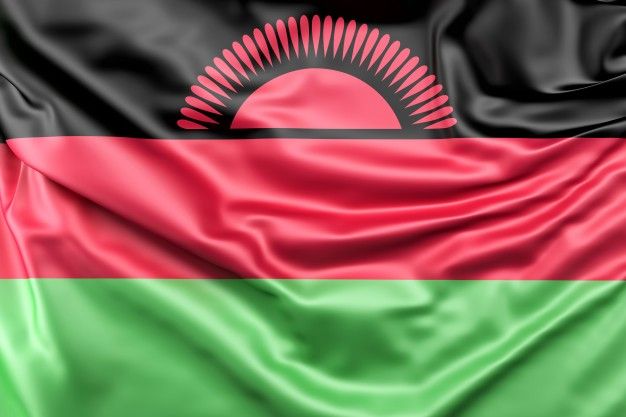
In Malawi, Low-Tech AI Revolution Is Helping Farmers Without Smartphones
Sep 13, 2025 |
👀 67 views |
💬 0 comments
In a groundbreaking initiative, Malawi is bringing the power of artificial intelligence to its most remote, small-scale farmers, using a clever, low-tech approach that bypasses the need for smartphones and internet connectivity.
While the global AI boom is often associated with high-tech gadgets, a pioneering project in Malawi is proving that the technology's benefits can reach even the most disconnected communities. The program is tackling a critical challenge: how to deliver vital, AI-driven agricultural advice to farmers who need it most but lack the expensive hardware to access it.
AI Advice via Radio and SMS
The initiative, a collaboration between the government and international development partners, uses a central AI platform that analyzes vast amounts of data, including satellite imagery, local weather patterns, and soil health information. This AI generates hyper-local, timely advice on when to plant, what to plant, and how to identify and combat pests and diseases.
The genius of the program lies in its delivery system. Instead of relying on a data-heavy app, the AI-generated insights are translated and distributed through two accessible, low-tech channels:
Community Radio Broadcasts: The advice is sent to local community radio stations, which then broadcast it in Chichewa and other local languages. These "AI farming forecasts" have become a vital part of the daily listening routine for thousands of farming households.
Simple SMS Messages: Farmers can register their phone numbers—even on the most basic feature phones—to receive targeted alerts and tips via SMS. They can also text questions to a central number, and an AI-powered system responds with automated advice.
Human-Powered AI: The Role of Community Agents
The program also deploys a network of local agricultural extension workers, or "AI agents," equipped with a single tablet. These agents travel between villages, meeting with farmers, showing them AI-generated satellite maps of their own fields, and helping them diagnose crop diseases by uploading photos to the central AI platform for instant analysis.
This human-centric approach ensures that the technology is not just delivered but also understood and trusted by the community.
The impact has been significant. Early reports from the program show that participating farmers have seen improved crop yields and a greater resilience to the increasingly erratic weather patterns caused by climate change. By taking AI out of the high-tech labs and putting it into the hands—and onto the radios—of rural farmers, Malawi is building a more inclusive and food-secure future from the ground up.
🧠 Related Posts
💬 Leave a Comment
